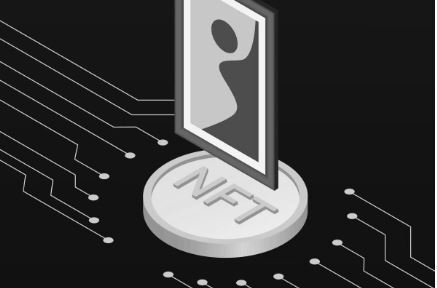Live events are coming back in a big way. Multiple-day music festivals, rollicking stadium concerts and big-time sporting events have resumed with gusto upon the cautious easing of Covid-related restrictions, but fans can expect some significant changes in the way they secure admission to such experiences.
Blockchain technology is undoubtedly poised to disrupt the ticketing industry, but not in the way that many may think. To understand the benefits and limitations of blockchain-based technologies within the events space, including NFT applications, one needs to understand how the industry works. When you buy a ticket for an event, what happens behind the scenes can vary wildly. Here are just a few illustrations:
Scenario 1: You purchase a ticket from a venue’s website for an event within its space. The venue is the merchant of record and handles all aspects of production and promotion of the event, including paying the DJ or artist a set fee (typical) or percentage of sales. The model remains the same no matter how popular the artist may be.
Scenario 1B: Identical in every way to the above scenario, except a third-party ticketing platform (such as Eventbrite or Tixr) charges the customer’s card and provides them the ticket. The third-party platform takes a small fee and sends the rest to the venue; it has no involvement in production and no minimum number of tickets it must sell through promotion.
Continue reading: https://www.rollingstone.com/culture-council/articles/how-blockchain-nft-technologies-could-change-event-ticketing-1354873/
Blockchain technology is undoubtedly poised to disrupt the ticketing industry, but not in the way that many may think. To understand the benefits and limitations of blockchain-based technologies within the events space, including NFT applications, one needs to understand how the industry works. When you buy a ticket for an event, what happens behind the scenes can vary wildly. Here are just a few illustrations:
Scenario 1: You purchase a ticket from a venue’s website for an event within its space. The venue is the merchant of record and handles all aspects of production and promotion of the event, including paying the DJ or artist a set fee (typical) or percentage of sales. The model remains the same no matter how popular the artist may be.
Scenario 1B: Identical in every way to the above scenario, except a third-party ticketing platform (such as Eventbrite or Tixr) charges the customer’s card and provides them the ticket. The third-party platform takes a small fee and sends the rest to the venue; it has no involvement in production and no minimum number of tickets it must sell through promotion.
Continue reading: https://www.rollingstone.com/culture-council/articles/how-blockchain-nft-technologies-could-change-event-ticketing-1354873/

